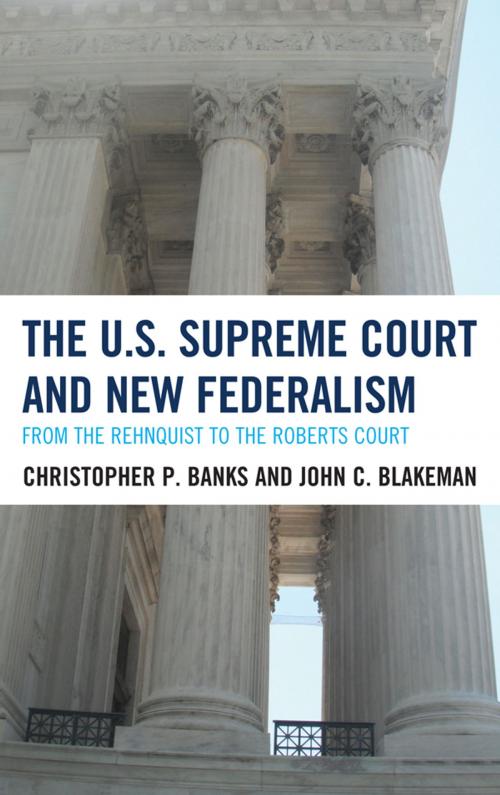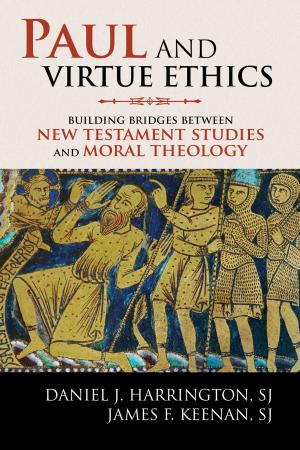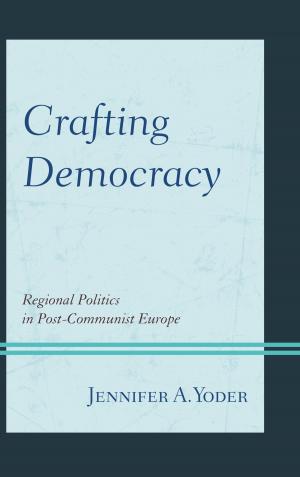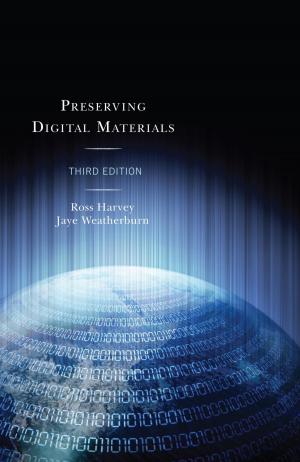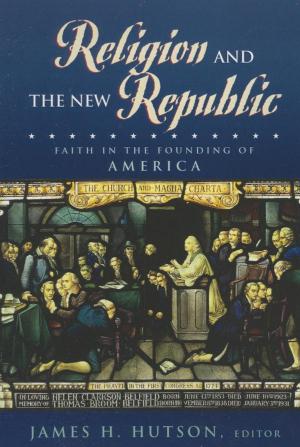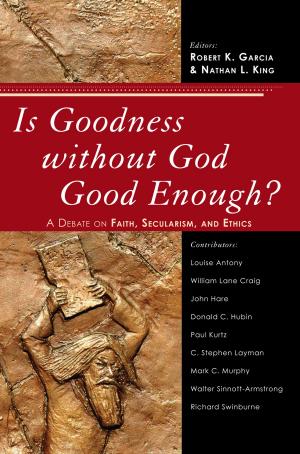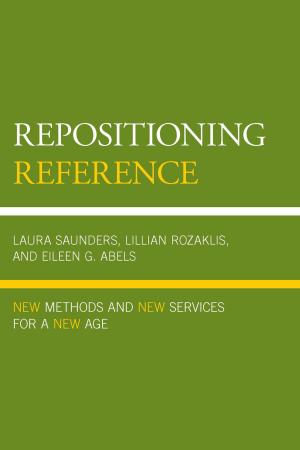The U.S. Supreme Court and New Federalism
From the Rehnquist to the Roberts Court
Nonfiction, Reference & Language, Law, Legal History, Constitutional| Author: | Christopher P. Banks, John C. Blakeman | ISBN: | 9781442218581 |
| Publisher: | Rowman & Littlefield Publishers | Publication: | July 13, 2012 |
| Imprint: | Rowman & Littlefield Publishers | Language: | English |
| Author: | Christopher P. Banks, John C. Blakeman |
| ISBN: | 9781442218581 |
| Publisher: | Rowman & Littlefield Publishers |
| Publication: | July 13, 2012 |
| Imprint: | Rowman & Littlefield Publishers |
| Language: | English |
Constitutional scholars Christopher P. Banks and John C. Blakeman offer the most current and the first book-length study of the U.S. Supreme Court’s “new federalism” begun by the Rehnquist Court and now flourishing under Chief Justice John Roberts. Using descriptive and empirical methods in political science and legal scholarship, and informed by diverse approaches to judicial ideology, from historical to new institutionalist, they investigate how the U.S. Supreme Court rulings have shaped the political principle of federalism. While the Rehnquist Court reinvorgorated new federalism by protecting state sovereignty and set new constitutional limits on federal power, Banks and Blakeman show that in the Roberts Court new federalism continues to evolve in a docket increasingly attentive to statutory construction, preemption, and business litigation. In addition, they analyze areas of federalism not normally studied by scholars such as religious liberty and foreign affairs.
Constitutional scholars Christopher P. Banks and John C. Blakeman offer the most current and the first book-length study of the U.S. Supreme Court’s “new federalism” begun by the Rehnquist Court and now flourishing under Chief Justice John Roberts. Using descriptive and empirical methods in political science and legal scholarship, and informed by diverse approaches to judicial ideology, from historical to new institutionalist, they investigate how the U.S. Supreme Court rulings have shaped the political principle of federalism. While the Rehnquist Court reinvorgorated new federalism by protecting state sovereignty and set new constitutional limits on federal power, Banks and Blakeman show that in the Roberts Court new federalism continues to evolve in a docket increasingly attentive to statutory construction, preemption, and business litigation. In addition, they analyze areas of federalism not normally studied by scholars such as religious liberty and foreign affairs.
